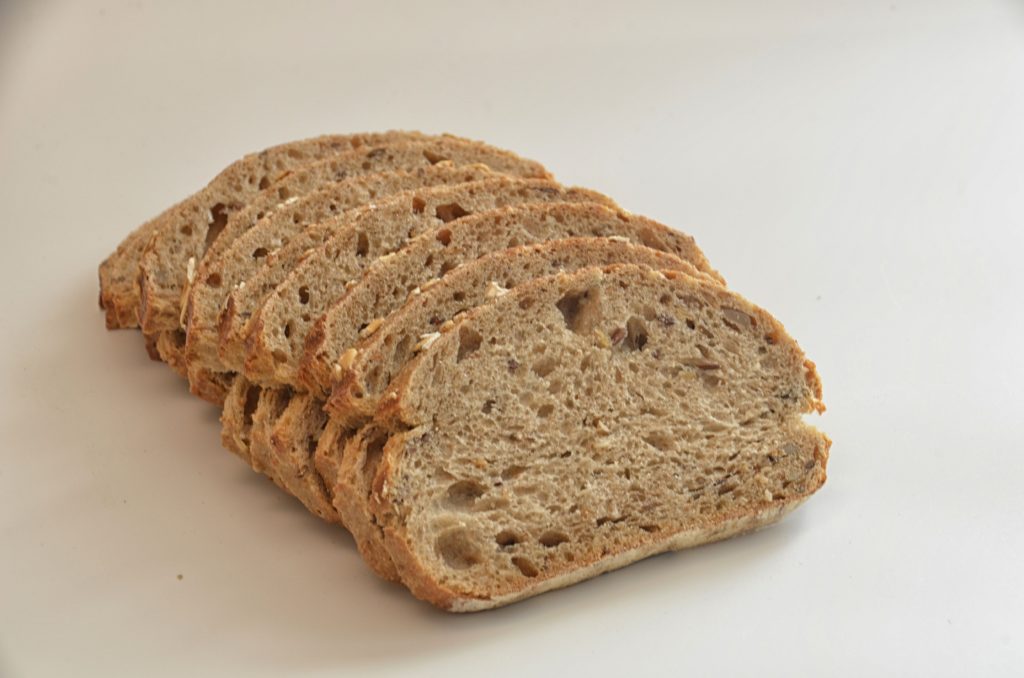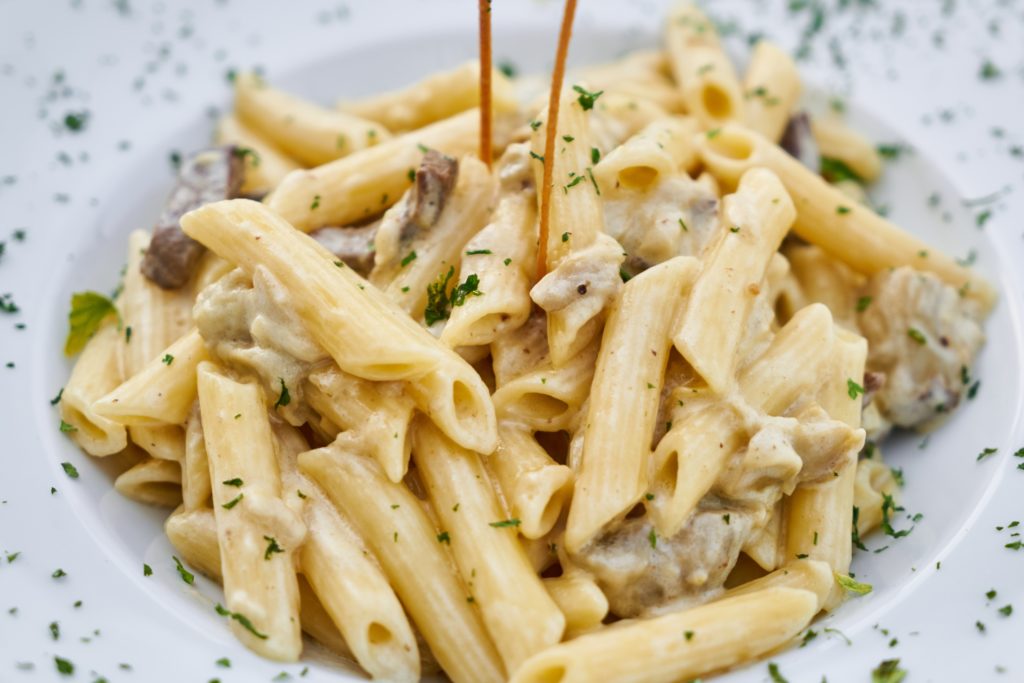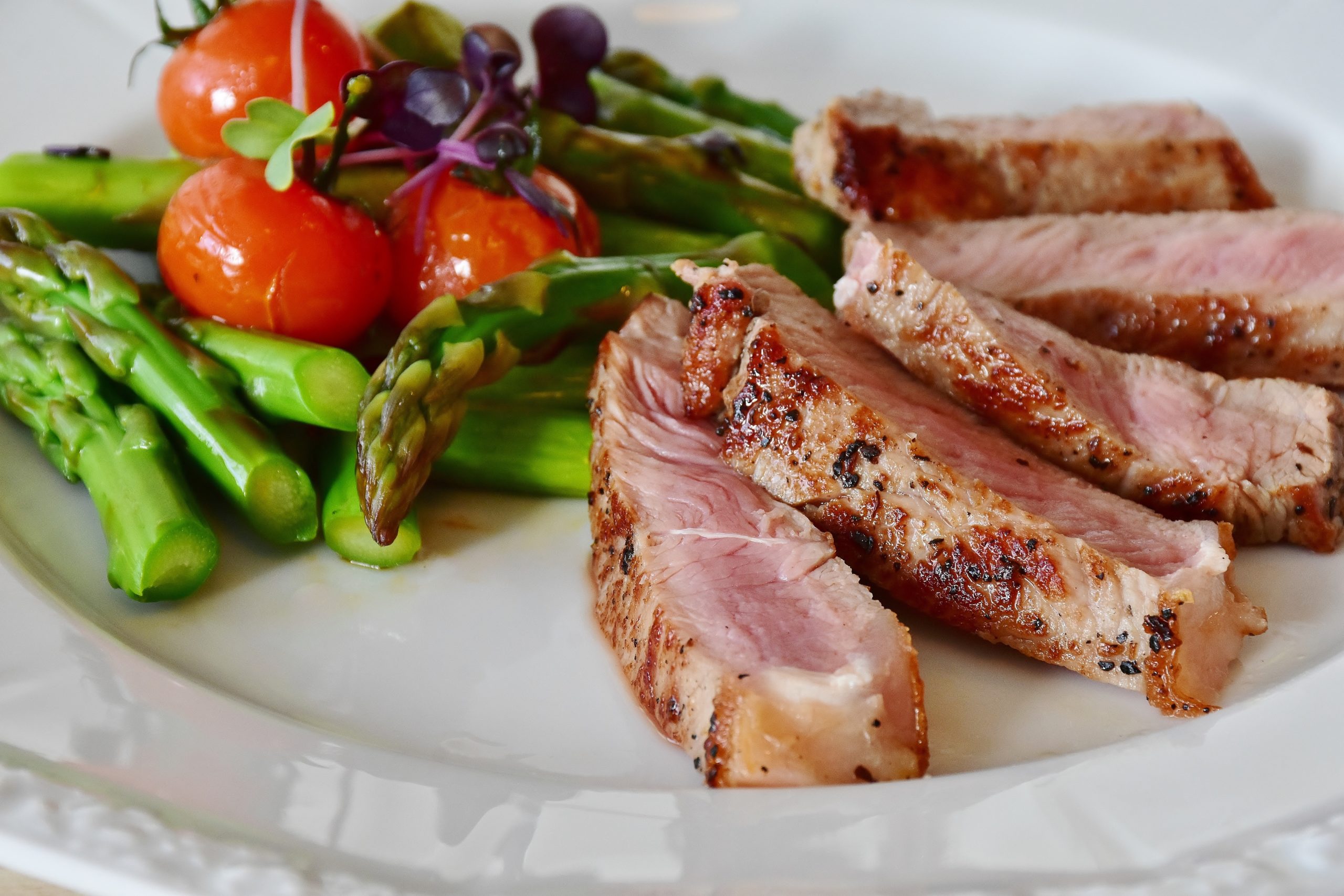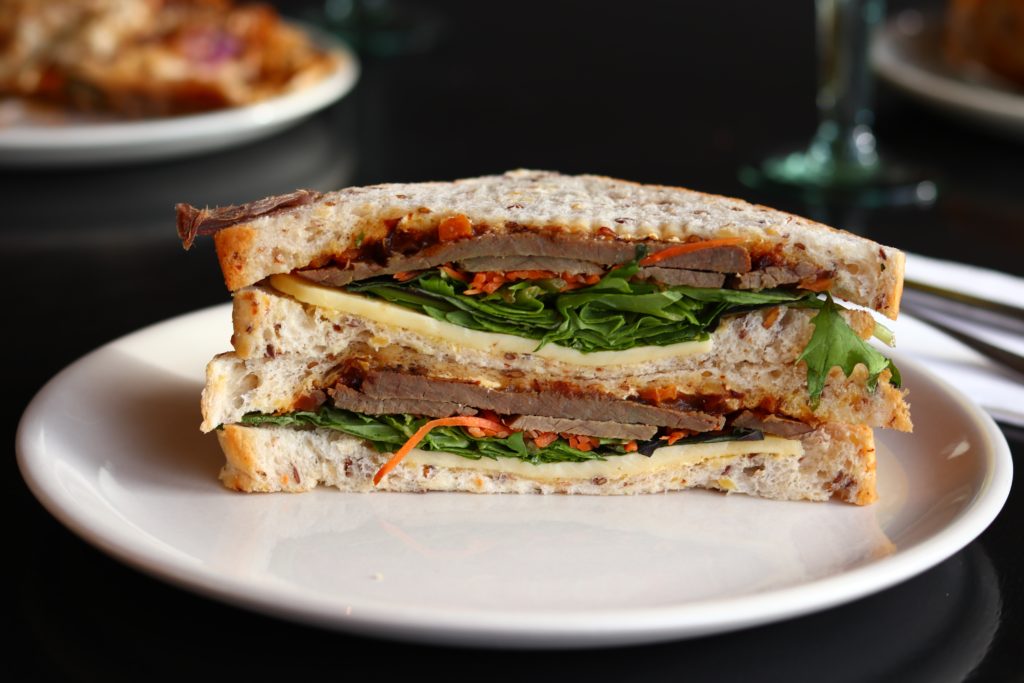Eating Healthy With A Busy Schedule
When busy at work, new opportunities, and kids are often given top priority; this makes healthy eating a secondary concern in your life. Eating healthy with a busy schedule has become relatively hard for most individuals; this is because of the fast foods available in most restaurants are not healthy. Grabbing the easiest and the quickest meal to eat from a cafeteria and run back to the office has become a daily routine from individuals who work from an office.
Despite it solving your food problem, it goes ahead and has an impact on your health, including losing energy, gaining weight, or even both. Since it has become a global problem, we shall be focusing on eating healthy with a busy schedule in today’s article. Some simple tips to consider in achieving this include;
1. Making simple breakfast your priority

Morning hours is the time in which most individuals tend to rush as they get ready for work; during this time, most individual tend to neglect their first meal of the day. You should note that breakfast is highly crucial, and it aids in preparing the body for the long-awaited day at work. Some of the best breakfast meals you should consider having as you rush to work include; Greek yogurt or spinach, coconut water, and banana smoothie without the extra sugar. You might as well consider starting your day with eight ounces of hot lemon water since it aids in rejuvenating your body system that has been fasting throughout the night. Furthermore, these aids in boosting your immune system, strengthening your brain, hydrates the body, improves digestion, and get rid of stress with the aid of Vitamin C.
2. Pre-portioning your snack
By pre-portioning your snack, you will be able to prevent overeating. Noshing is a common habit among individuals who work as it aids them get going throughout the day as they require something in their system. However, when avoiding junk food, most individuals tend to lose track of the amount of calories they have consumed. This can be fixed through having your midmorning as well as afternoon snacks comprising more of pre-portioned fruits or nuts. You should consider pre-portioning your snack in the kitchen; this will bar you from overeating. It will be best to put your snack in a small portion in a bowl rather than taking the entire box or bag of your snack.
3. Drinking plenty of water
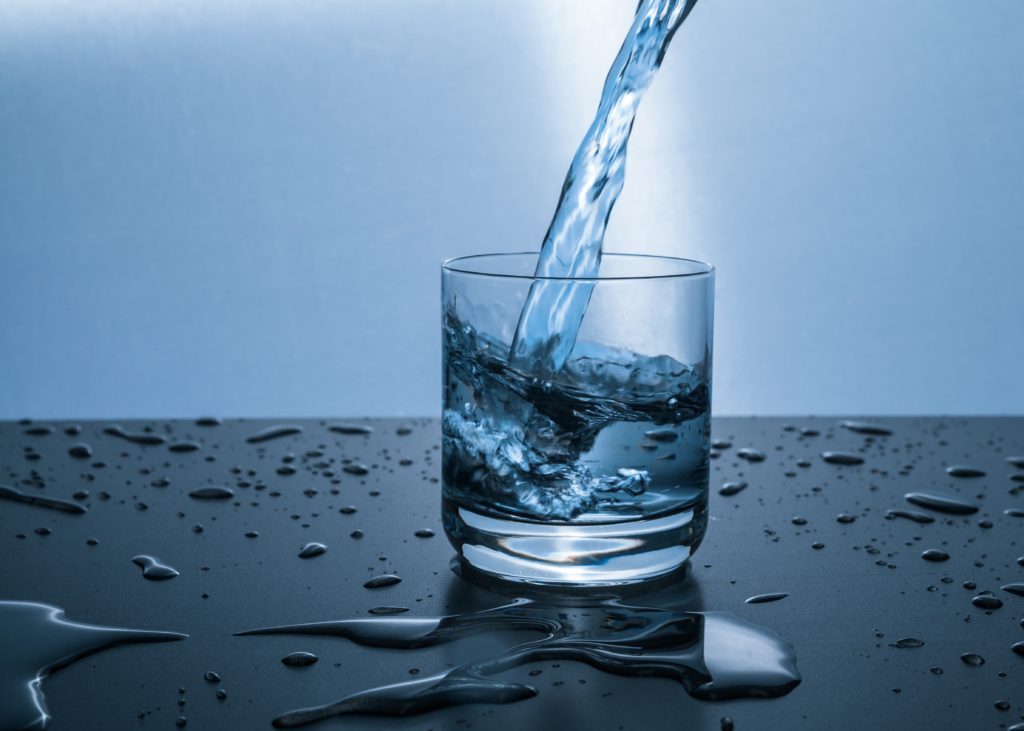
Most individuals love drinking coffee throughout their workday to aid in keeping them energized; however, drinking plenty of water will aid with achieving that as well. Water aids in cleaning your gastrointestinal tract and aids in keeping your body hydrated. Using a medium-sized water bottle will have you going; you might end up refilling it twice a day. This method is way cheaper when compared to a mocha latte, and you will require no time in preparing it.
4. Consider eating at the same time daily
Most busy individuals set a daily routine at their offices. By doing so, they are able to control everything controllable, thus leaving them mentally free to deal with any unexpected challenges or opportunities that might come their way. Eating should not be any different; since having specific time and routine for your meals ensures that you will prepare for it making it easier for you to choose healthier choices than going through meal choices in a rush. This makes it easy to make choices accordingly as exciting food adventure comes.
5. Have a lighter lunch
Lunch is a meal that often has a significant impact on an individual with a busy schedule since it is in the middle of your working day. Calorie rich diets at lunchtime can have health risks, and having lunch with workmates on a busy day is highly tempting. Nothing is perfect than an easy and healthy salad that can be prepared very fast. You will definitely have to lay off all the fatty dressing and opt for lemon juice with a bit of olive oil. You should consider having lunch that comprises of green vegetable salad with some protein and low carbohydrate source.
6. Walk and talk
Having a healthy diet alone will not offer you the energy and brainpower required to push you through your busy schedule. You should as well consider having a short exercise period since it features a positive impact as well. You might think you do not have this time; however, you should try and create some time for stretching and walking within the office to aid in improving your brain power as you prepare to get back to work.
7. Setting a reminder
You should consider setting a reminder prior to your busy day. This is perfect for individuals who love planning everything on their schedule. During this time, you should not forget to insert your meal plan, including snacks. By doing so, you will remember what you will eat during that day, even if you are busy working on your project. This will prevent you from eating unhealthy meals that will end up having a negative impact on your health.
8. Make it convenient
You will most likely find out that you have little time to stop by a store and do some grocery shopping, especially with a busy schedule. You should, therefore, consider purchasing your vegetables from online vendors; ensure that they are trustworthy. By making food availability more convenient, you will be able to prepare your meal with the utmost ease and prevent wasting more time going out for shopping.
9. Preparing your meal in advance

When you know you have a busy schedule ahead, it will be best if you prepare your meal in advance; by doing this, you will be able to save on plenty of time. However, if you have no time to prepare your meal together in the morning, you might consider preparing it on weekends and refrigerate or freeze them. All you will be doing is warm it in the morning before heading out.
Final verdict
If you care about your health and would like to practice healthy eating even when you have a busy schedule, you should consider practicing some of the tips mentioned above. These tips are relatively easy to implement, and they will have a significant impact on your health. As we conclude, we hope that this article will be of great benefit as you plan to take care of your general well-being.



